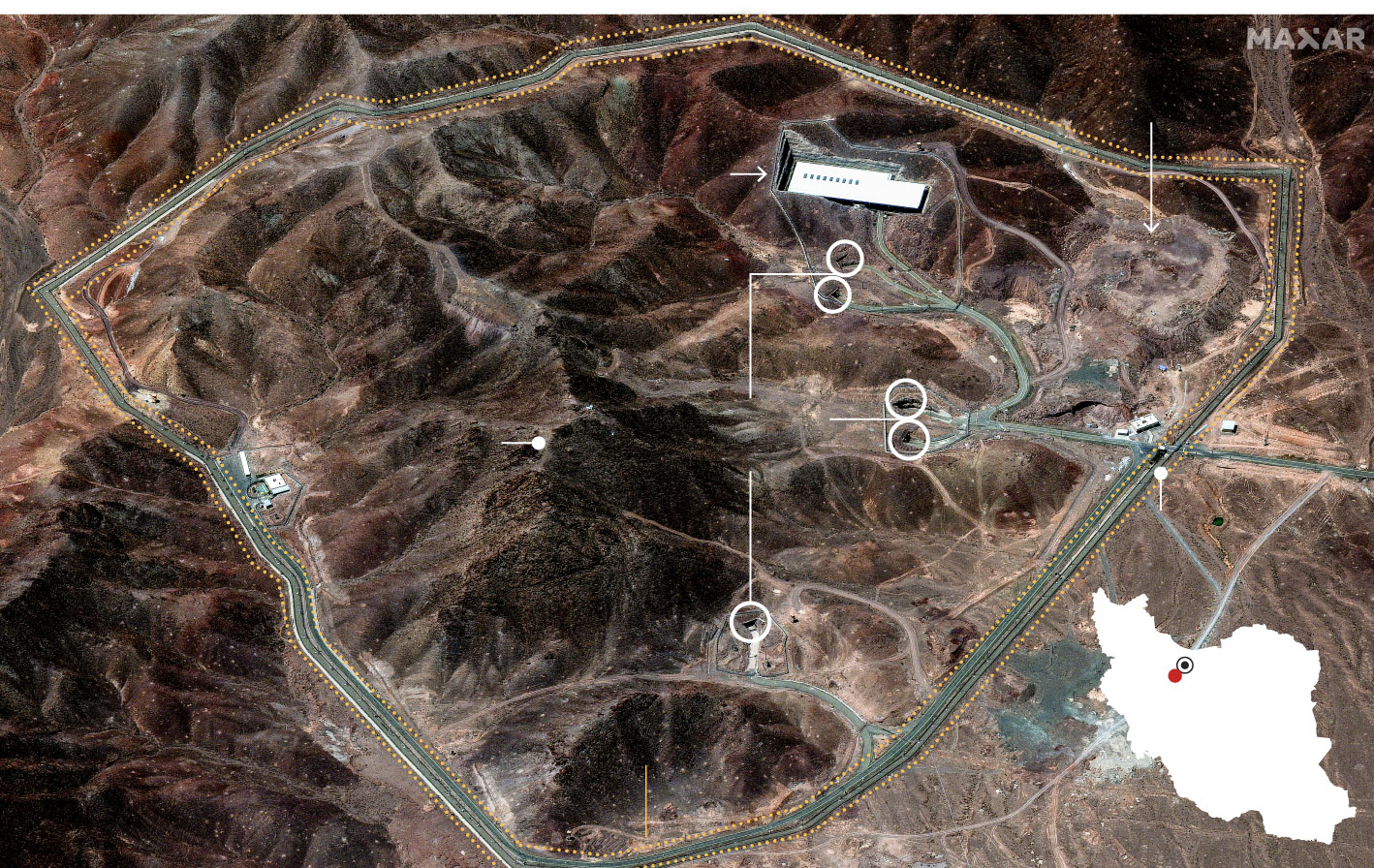Gambiaj.com – (Washington/Tehran) — The United States has shifted its full intelligence apparatus toward assessing damage at Iran’s Fordow nuclear facility following military strikes ordered by President Donald Trump, according to retired U.S. Brigadier General Mark Kimmitt.
“All of the United States’ intelligence-gathering capabilities – satellites, signals intelligence, and human assets – are now zeroed in on Fordow,” Kimmitt told CNN. “They need a precise assessment of the extent of the damage done. And if there’s going to be a need for attack or re-attack, that data is critical.”
Kimmitt added that U.S. analysts will be closely monitoring Iranian communications for clues about the situation on the ground. “I would not want to be the targeteers now having to tell the president, ‘We got it, we didn’t get it, or we didn’t get it enough.’”
President Trump announced the coordinated strikes Friday evening in a nationally televised address, declaring the mission a “spectacular military success” that had “completely and totally obliterated” Iran’s key nuclear enrichment sites — Fordow, Natanz, and Isfahan.
Flanked by Vice President JD Vance, Secretary of State Marco Rubio, and Defense Secretary Pete Hegseth, Trump addressed the nation from the White House Cross Hall.
“Tonight, I can report to the world that the strikes were a spectacular military success,” he said. “Iran’s key nuclear enrichment facilities have been completely and totally obliterated.”
According to U.S. officials, Washington conveyed to Tehran through back-channel discussions that no further strikes are currently planned — a message that suggests the Trump administration is still open to a diplomatic solution despite the high-stakes escalation.
However, it remains unclear how Iran received the communication or whether it will deter retaliation.
Aaron David Miller, a former U.S. State Department advisor and current senior fellow at the Carnegie Endowment for International Peace, warned that Iran is unlikely to remain passive.
“It’s almost impossible to imagine that this 86-year-old Supreme Leader [Ayatollah Ali Khamenei], whose mission is to preserve the revolution and pass it on, can simply do nothing,” Miller said. “He may calibrate his response, but we are not done with this.”
Miller emphasized that Iran has spent trillions of dollars developing its nuclear program and possesses all the technical components required to build a nuclear weapon. “Whether or not they were doing it is likely irrelevant,” he said, citing Iran’s capacity for asymmetrical warfare and regional retaliation.
Israel, a key U.S. ally and longtime critic of Iran’s nuclear ambitions, welcomed the strike. Prime Minister Benjamin Netanyahu praised President Trump in a video statement, calling the operation “a historic turning point.”
“Congratulations, President Trump. Your bold decision to target Iran’s nuclear facilities with the awesome and righteous might of the United States will change history,” Netanyahu said. “Operation Rising Lion demonstrated Israel’s capabilities, but America has done what no other country on earth could do.”
Trump’s decision to target Iran’s nuclear infrastructure follows years of simmering tensions and a recent uptick in hostilities between Iran, Israel, and the United States. Retired Gen. Kimmitt said he was “fascinated and impressed” by the execution of the strikes and the strategic pause that preceded them.
“I never really understood what the two-week pause was for,” he said. “But it turns out that deception and trickery saved lives and ensured success.”
President Trump, speaking to CNN analyst Barak Ravid after the strikes, reportedly said, “We had great success tonight, and your Israel is much safer now.”
The long-term implications of the strikes – for U.S.-Iran relations, the regional balance of power, and the global non-proliferation regime – remain to be seen. But as both sides regroup, one thing is clear: the nuclear shadow over the Middle East has darkened once again.










